Everything You Need To Know About Roof Inspection in 2023
We often take our roofs for granted, not realizing the vital role they play in protecting our homes from the elements. A well-maintained roof can save you money and ensure the safety of your family and property. This article will guide you through everything you need to know about roof inspection in 2023, including their importance, types, scheduling, costs, and more.
Short Summary
- Regular roof inspections are essential for home maintenance and safety.
- Three main types of professional roof inspection exist: physical, drone, and infrared.
- Preparation is key to ensure a successful inspection. Post-inspection actions involve obtaining repair estimates from contractors and filing insurance claims if applicable.
The Importance of Roof Inspections
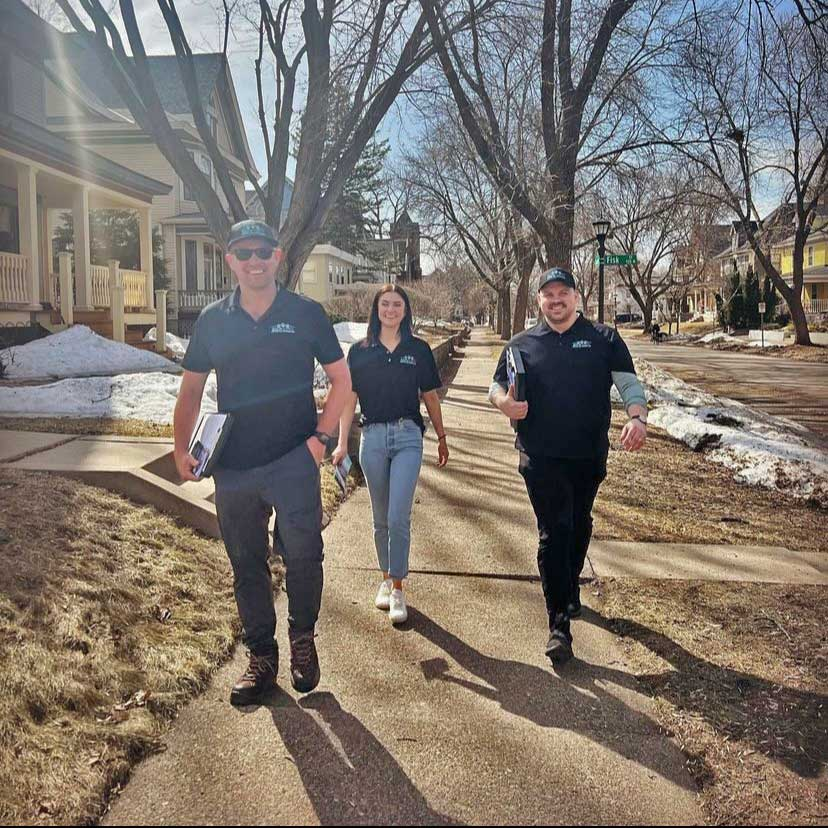
Roof inspections are essential for maintaining the safety and integrity of your home, as they can reveal potential problems before they lead to costly repairs. Leaks, missing or damaged shingles, sagging roof decks, and water damage are just a few issues that a roof inspector can detect during a thorough examination of your roof. Not only does an inspection help you plan for future costs, but it may also qualify you for insurance discounts if you can demonstrate that you’ve been proactive in maintaining your home’s roof.
Regular roof inspections are not just for those experiencing issues. They should be part of any homeowner’s maintenance routine to ensure a healthy roof and prevent unexpected expenses down the line. Don’t wait for a leak to appear or a storm to damage your roof before scheduling an inspection. Be proactive and invest in the long-term health of your roof.
Types of Roof Inspections
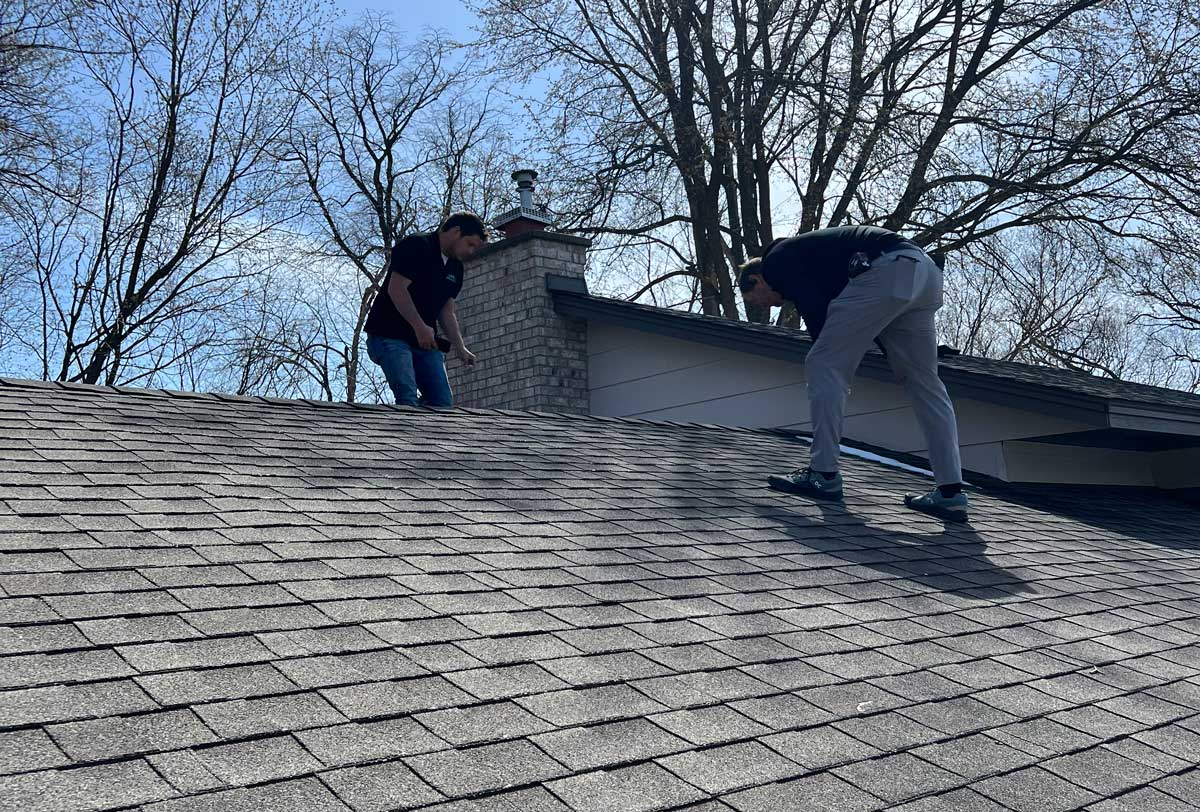
There are three main types of roof inspections available to homeowners: physical inspections, drone inspections, and infrared inspections. Each inspection type has its own advantages and costs, which we’ll explore in more detail in the following subsections.
Physical Inspections
During a physical inspection, a professional roof inspector conducts a visual examination of your roof, walking on its surface to closely examine its components. This method allows the inspector to assess the condition of the soffit material covering the roof overhang, the fascias, and the drip edges, detecting any water infiltration that might be present. Physical roof inspections generally cost between $75 and $200. Inspections on larger properties may cost more. At Bold North Roofing, we offer 100% FREE inspections.
Physical inspections offer several advantages, such as enabling the inspector to feel the roof’s texture and evaluate its durability when walked on, information not accessible from drone footage alone. This hands-on approach allows for a thorough examination of the roof, ensuring that any potential issues are identified and addressed.
Drone Inspections
Drone inspections involve the use of aerial cameras and satellite images to assess the condition of your roof without the inspector physically accessing it. A drone inspection can provide detailed information about your roof’s condition, any necessary repairs, potential risks of failure, and its estimated remaining lifespan. The cost of a drone inspection typically ranges from $150 to $400, depending on the size and complexity of the roof.
While some insurance policies may cover drone inspections, not all do. One important consideration when using drone inspections is that if your roof is failing in multiple sections, it may be necessary to replace the entire roof.
Infrared Inspections
Infrared roof inspections employ advanced technology to detect damage not visible to the naked eye. Thermal imaging and infrared cameras are used to identify temperature variations between objects, revealing areas where warm air is rising and cool air is sinking. Moisture detection is another specialized method used in infrared inspections, requiring specific knowledge and tools to detect water movement within buildings. The price of an infrared roof inspection can vary. Generally it ranges between $400 and $600.
Infrared inspections offer several advantages, such as accurately pinpointing areas of heat loss or water intrusion. However, a successful infrared inspection requires certain conditions, such as a flat or low-sloped roof that is clean, dry, and free from wind. The inspection should take place on a mostly sunny and warm day, preferably at night when temperature differences are more apparent.
When To Schedule Roof Inspection In Minneapolis
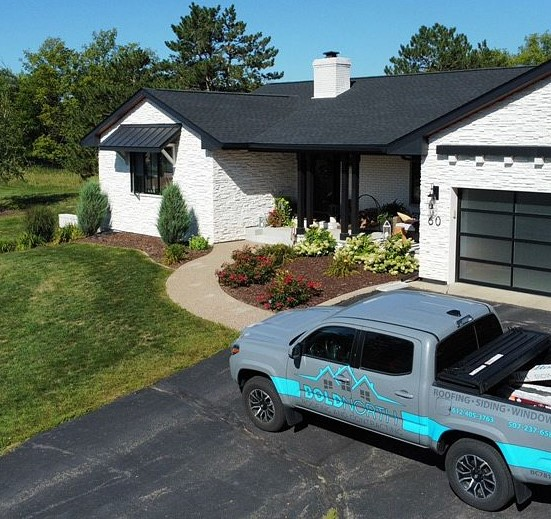
For homeowners in Minneapolis, it’s recommended to schedule roof inspections during the spring or fall, taking advantage of the mild weather and avoiding extreme temperatures that can pose safety risks to roofers and impact the installation of roofing material. Inspecting your roof during these seasons allows for the identification and repair of any damage caused by winter storms or summer heat before it worsens.
In addition to ensuring optimal working conditions for the roof inspector, scheduling inspections during the spring or fall can also help identify issues such as ice dams, which are more likely to form in colder climates like Minneapolis. By conducting inspections during these periods, homeowners can address potential problems before they escalate, saving time and money on costly repairs.
How Often to Schedule a Roof Inspection
It is recommended that roofs be inspected at least twice a year, with additional inspections being necessary in the event of severe weather or signs of damage. Regular roof inspections are essential for maintaining the safety and integrity of your home, as well as when planning a remodel, sale, or purchase of a property.
If your roof has been subjected to a severe storm, particularly one featuring wind and hail, it’s crucial to have it inspected as soon as possible to identify any damage that may have occurred. Neglecting regular roof inspections for an extended period, such as 10 years or more, can lead to precarious conditions and significant repair costs.
Hiring a Roof Inspector: What to Look For
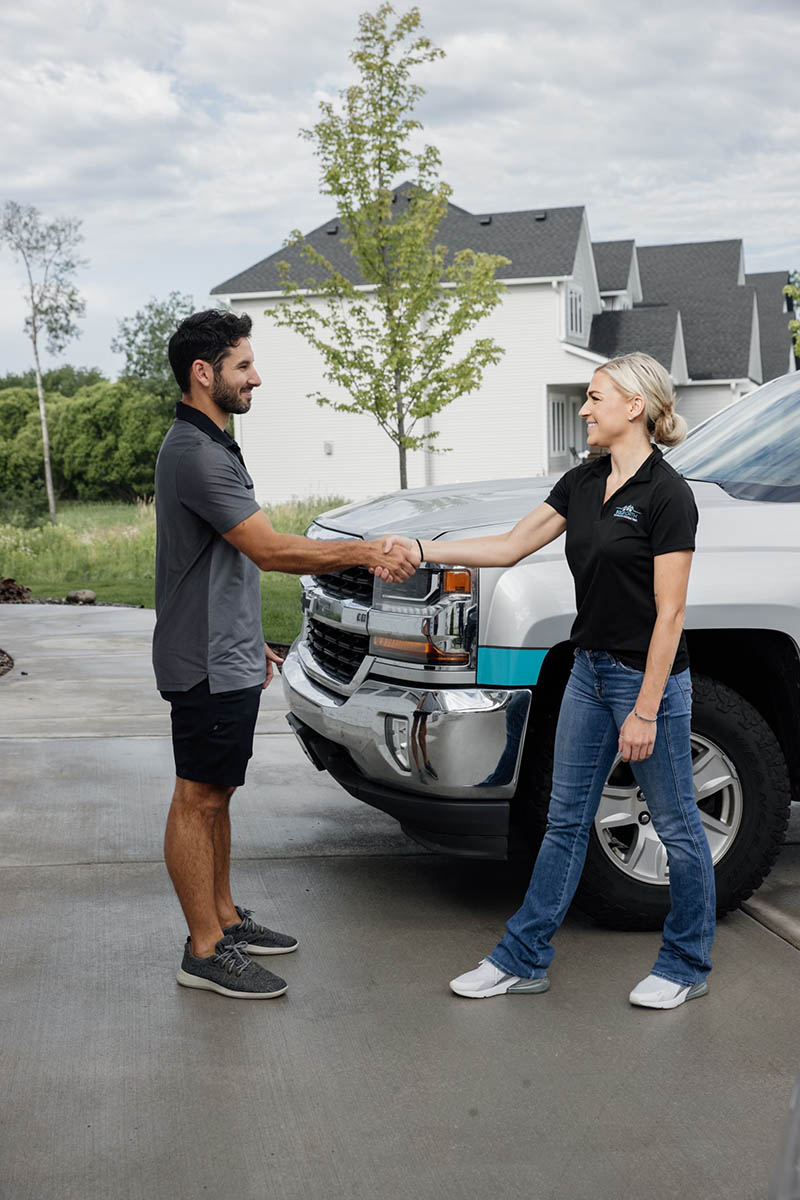
When hiring a roof inspector, it’s important to consider their reputation, experience, certifications, and references. A licensed and insured professional with a background in roof inspections is essential for conducting a thorough evaluation of your roof.
In addition to verifying the inspector’s credentials and experience, make sure they offer free inspections, provide candid and transparent feedback, and are willing to work with insurance companies on your behalf. By choosing a qualified and reputable inspector, you can ensure a comprehensive and accurate assessment of your roof’s condition.
Roof Inspection Process: What to Expect
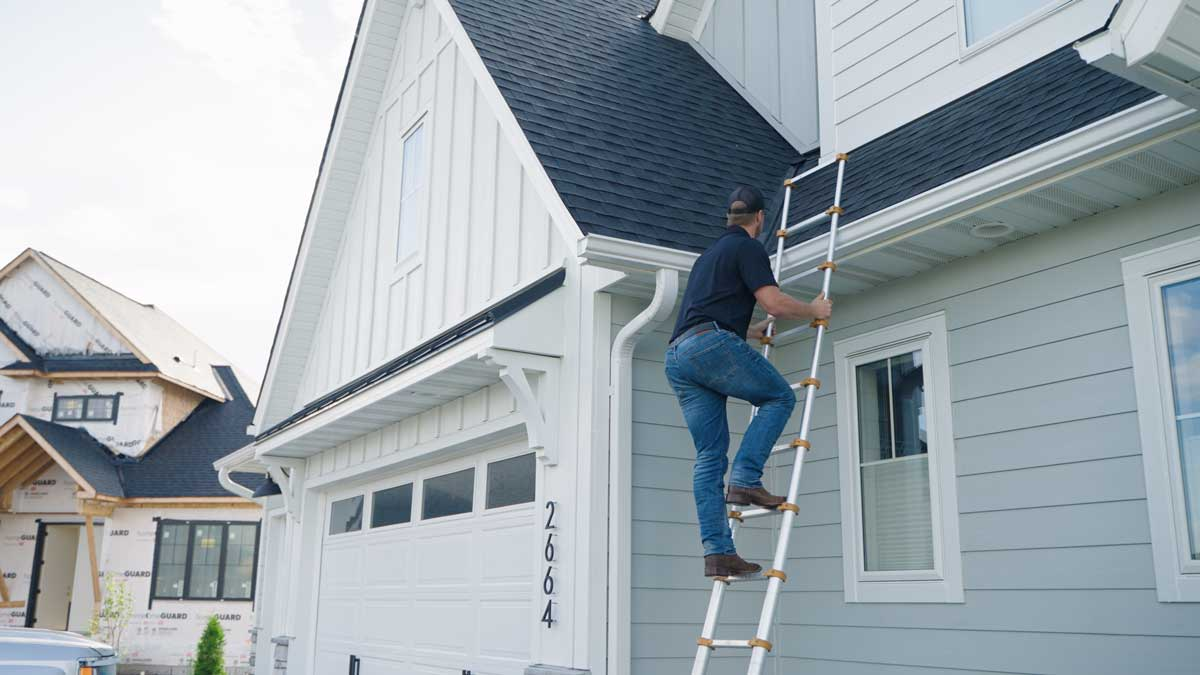
A roof inspection involves a detailed examination of various components of your roof, including the roof deck, roofing components, workmanship, and interior spaces. The roof inspector will assess the condition of soffit material covering the roof overhang, as well as fascias and drip edges, to determine if any water has infiltrated the area. They will also inspect for obvious signs of damage or missing shingles, flashings around the chimney, dormers, and vent pipes, as well as the roofing materials for any damages, missing materials, or staining from rust, moss, or water damage.
In addition to the exterior roof components, the inspector will also examine the interior of your home, including attic spaces, for any signs of animal infestation, moisture and mold resulting from leaks, inadequate insulation, evidence of fire damage, or structural defects.
By conducting a thorough roof inspection, you can be confident that any potential issues are identified and addressed.
Common Roof Problems Detected During Inspections
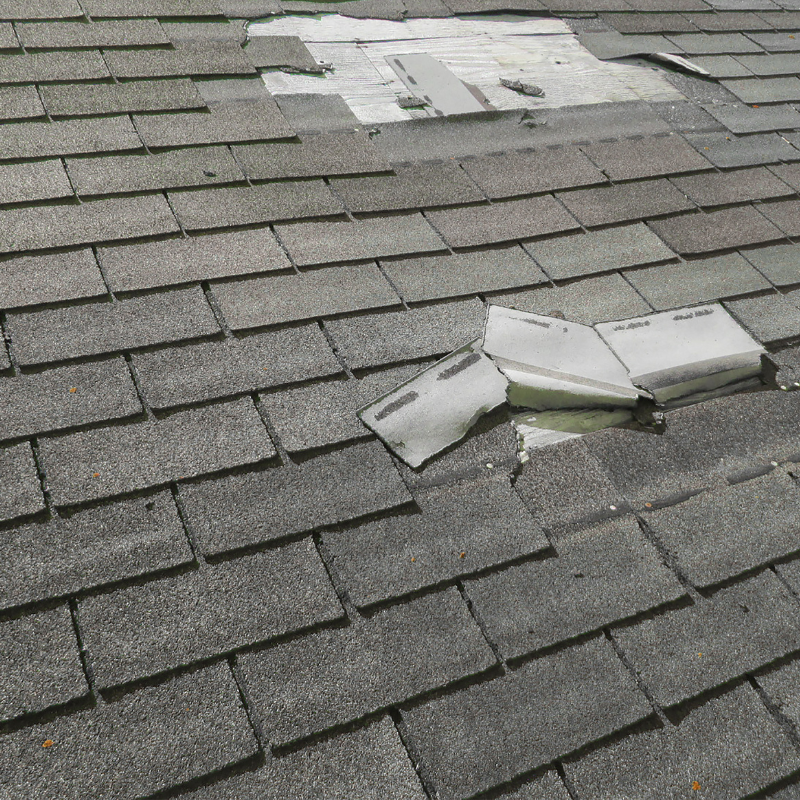
Some common roof problems that can be detected during inspections include missing shingles, water damage, structural issues, and poor workmanship. Roof penetrations, such as vent pipes, roof vents, or other components, should also be inspected for their condition and effectiveness during the inspection process.
When inspecting asphalt shingles, it’s important to look for signs of wear, such as dislodged granules that resemble gravel, which can end up in your gutters. If an abundance of asphalt granules is found in your gutters, it’s crucial to carefully inspect your roof for any damaged or missing shingles.
Any damages detected during the inspection should be addressed as soon as possible to prevent further deterioration and costly repairs.
Roof Inspection Costs and Factors Affecting Price
The cost of a roof inspection varies depending on factors such as location, size, and the type of inspection being conducted. For example, a basic visual roof inspection can range from $200 to $300, while a more specialized inspection using advanced technology may cost between $500 and $600.
Roof size also plays a significant role in determining the cost of a roof inspection, with larger roofs taking longer to inspect and therefore costing more.
It’s important to consider these factors when budgeting for a roof inspection and to obtain multiple quotes from reputable inspectors to ensure you’re getting the best value for your investment.
DIY Roof Inspection vs. Professional Inspection
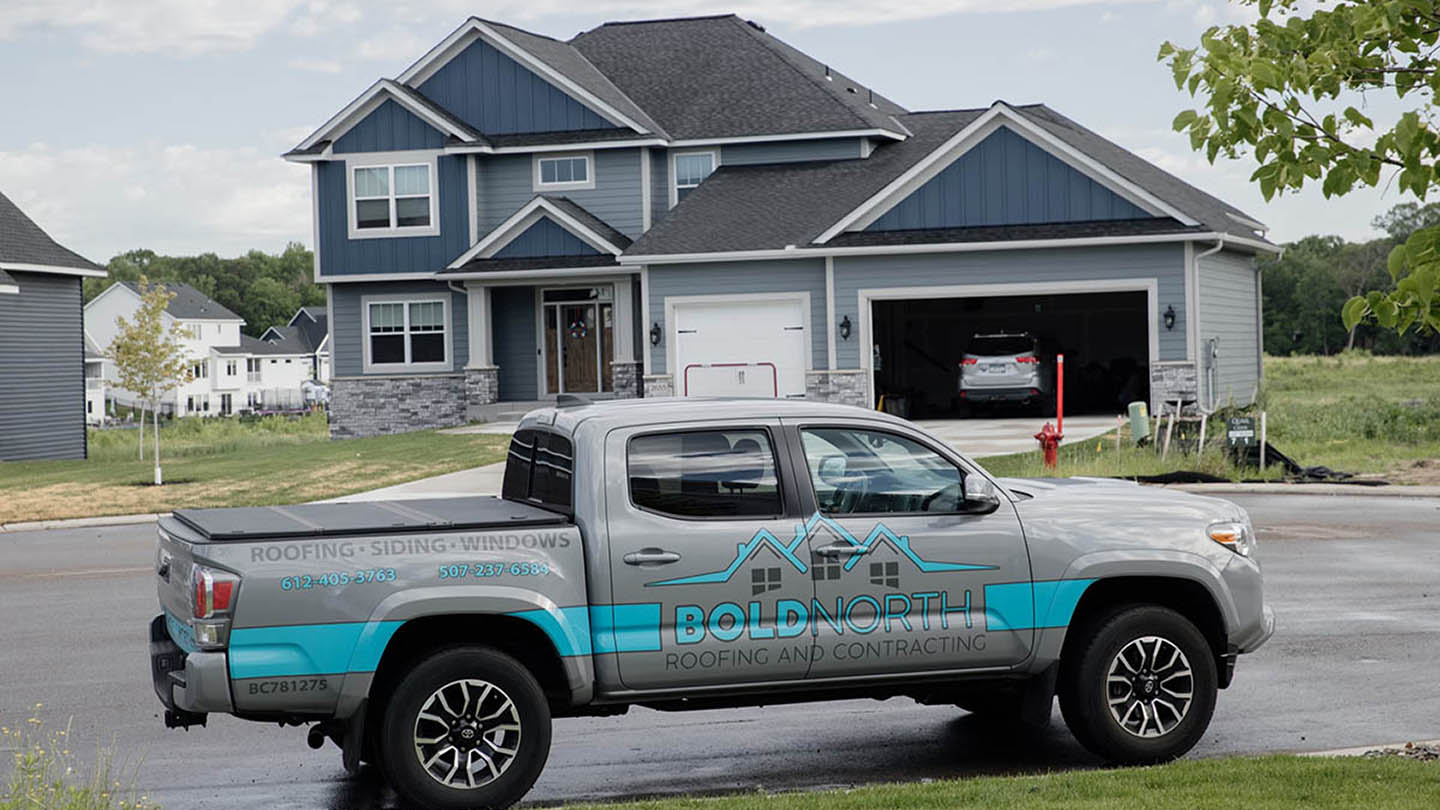
Homeowners may be tempted to conduct their own roof inspections, but it’s important to be aware of the risks and limitations associated with DIY inspections. Climbing onto your roof can be dangerous and may result in injury, while an untrained eye may miss potential issues that a professional inspector would easily detect.
Hiring a professional roofing inspector not only ensures a more comprehensive and accurate assessment of your roof’s condition, but also provides you with peace of mind knowing that you’re taking the necessary steps to maintain your home’s safety and structural integrity. In addition, most mortgage lenders require roof inspections to be completed by a certified professional, making it even more crucial to hire an expert for this task.
Preparing for a Roof Inspection
Before your roof inspection, it’s important to prepare your home and the surrounding area to ensure a smooth and efficient process. Start by clearing away any debris, leaves, or other materials that may be obstructing the flow of water in your gutters. Trim any trees or branches that may be in close proximity to your roof, as they can cause damage or make it difficult for the inspector to access all areas.
In addition to these preparations, take note of any existing damage you’ve observed and document it with photographs. This information can be helpful for both you and the inspector during the inspection process, ensuring that all potential issues are addressed and resolved.
Post-Inspection Actions
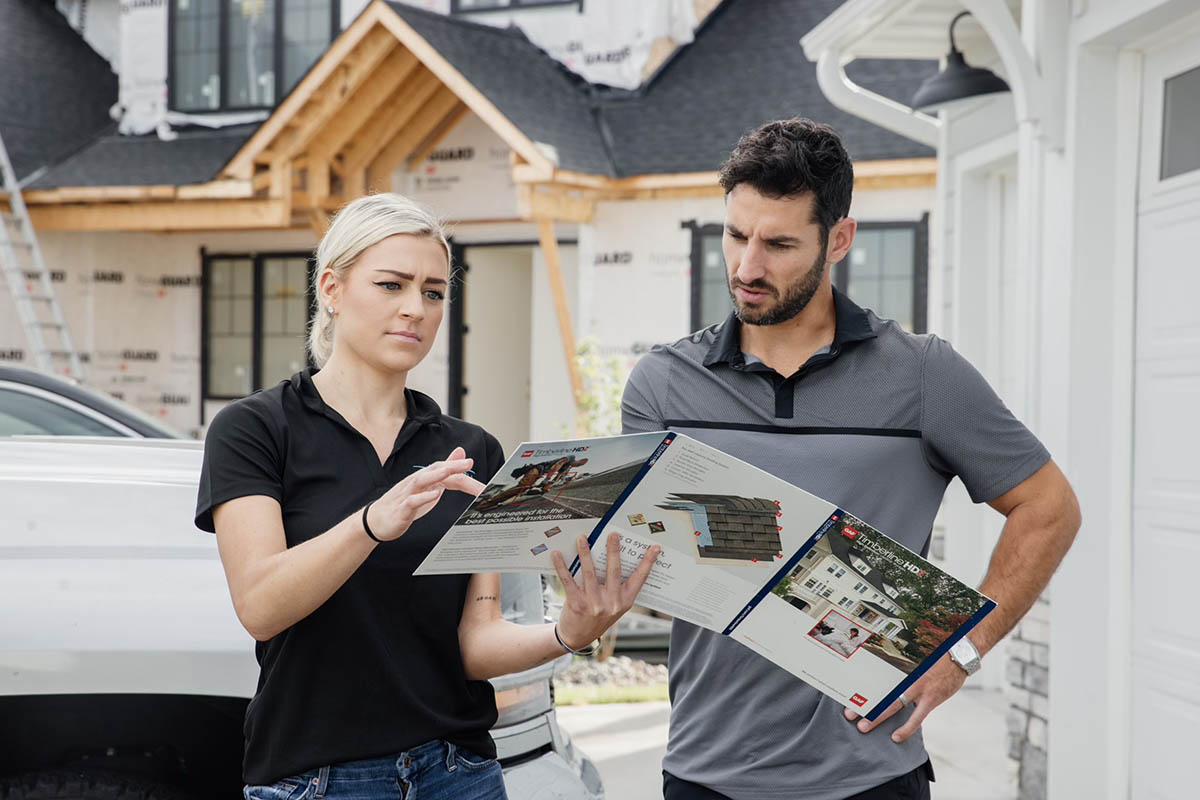
After your roof inspection is complete, it’s important to take the appropriate steps to address any identified damages or issues. Begin by obtaining repair estimates from reputable roofing contractors, comparing quotes to ensure you’re getting the best value for your investment. If the damage is significant and covered under your insurance policy, file a claim with your insurance company to help cover the costs of repairs.
If you’re in the process of buying or selling a home, use the information gathered during the roof inspection to negotiate the final sale price and agreement terms with the seller. By addressing any issues found during the inspection, you can avoid costly surprises down the line and ensure a smooth transition during the home buying or selling process.
Summary
In conclusion, roof inspections play a crucial role in maintaining the safety and integrity of your home. By understanding the importance of regular inspections, the different types available, and how to prepare for and follow up on an inspection, you can ensure the long-term health of your roof and avoid costly repairs. Don’t underestimate the value of a thorough roof inspection – it can save you money, time, and provide peace of mind knowing that your home is well-protected from the elements. Reach out to Bold North Roofing & Contracting to get your roof inspection scheduled today!



